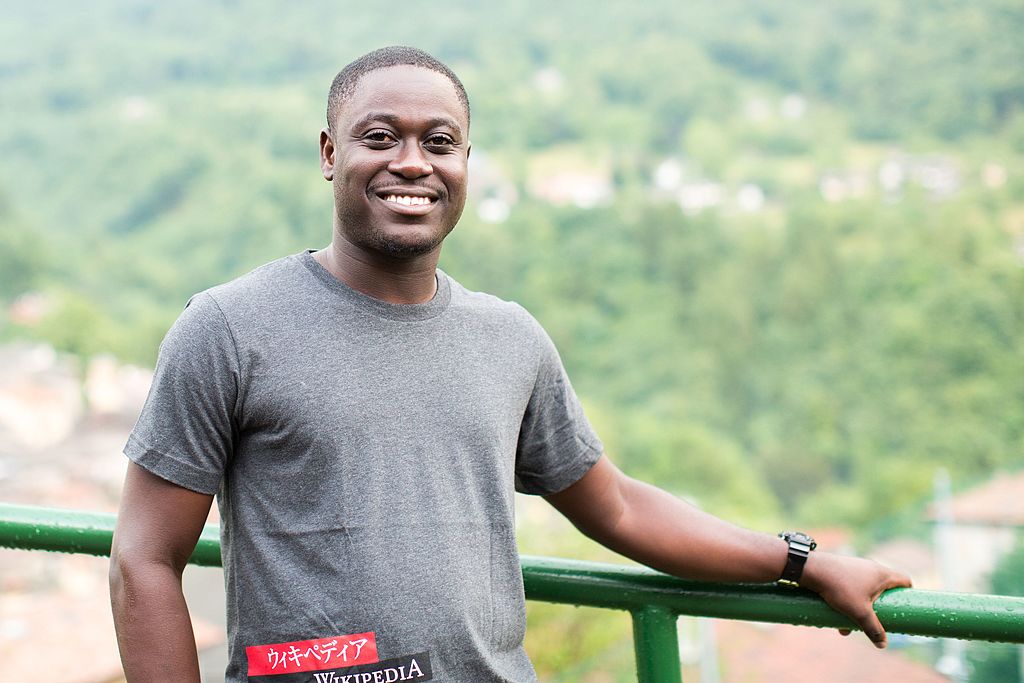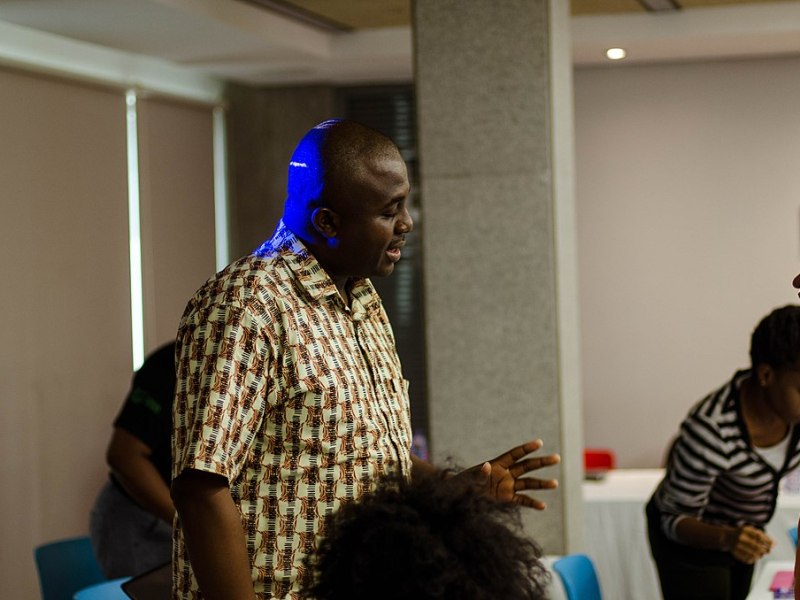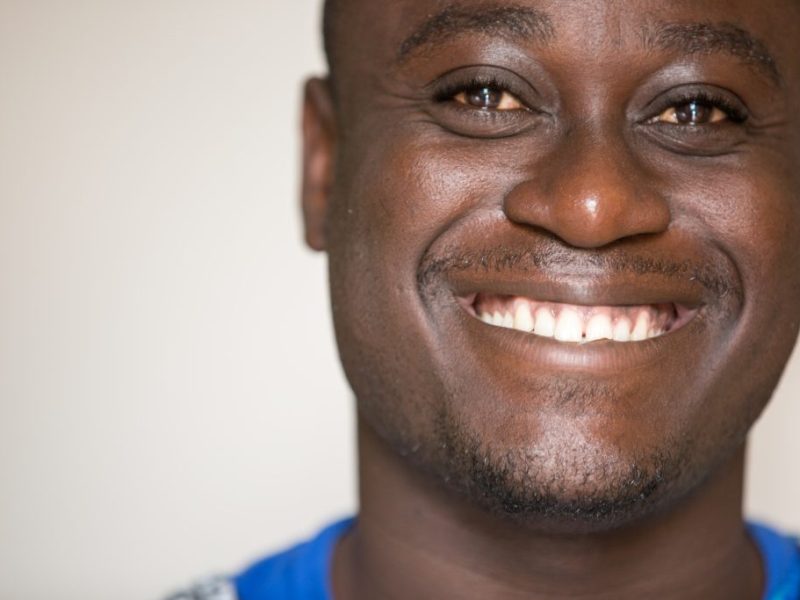Update, 13 August: Felix Nartey was named as the 2017 Wikimedian of the Year during the closing ceremony of Wikimania.
The chaos of the Second World War touched all corners of the world, and the Gold Coast (now Ghana) was no exception. The colony’s resources were marshaled for the war effort, and the headquarters of Britain’s West Africa Command were located in Accra. Nearly 200,000 soldiers from the area would eventually sign up to serve in various branches of the armed forces.
In support of these efforts, No. 37 General Hospital was established in Accra to provide medical care for injured Allied troops. The hospital’s name was changed to 37 Military Hospital of the Gold Coast shortly before the colony gained independence. It is now open to the public and serves as a teaching hospital for graduate and medical students.
Despite its impact on healthcare in Accra, there was no Wikipedia article about the hospital until February 2014, when Wikipedian Felix Nartey created it.
“I was walking with a friend from an event when we just thought there was no picture of this place on Wikimedia Commons, the free media repository,” says Nartey, who also served as the former community manager for the Wikimedia Ghana user group. “My friend took a picture with my tablet, and so did I, then we headed home.”
Nartey wanted to use his photo in the hospital’s article on Wikipedia, but was shocked to find no article for it: the search results page told him that “no results” matched his search term, but that he could create a page about it.
He created a short “stub” article that night. Only a few weeks later, two other editors expanded it into an informative entry that pleasantly surprised him the next time he visited the article.
Nartey believes that knowledge sharing activities like editing Wikipedia have an effect on people’s lives, but at the present time there are significant content gaps on the site. There are fewer articles about topics on the African continent than there are about Europe or North America, and those that do exist tend to be shorter and less detailed.
Increasing the diversity of contributions on Wikipedia helps achieve higher-quality content and combat systemic bias, and that’s why many people—including Nartey—are trying to figure out the reasons behind these gaps and are putting forth great effort to bridge them.
In Ghana, a current paucity of contributors could “be partly blamed on the current growing unemployment situation, which is certainly an impediment to people’s willingness to do things for free,” says Nartey. But even in better times, while “the internet connection is reasonable in urban areas, it’s expensive, so people tend to go without it or place it last on their list of priorities, which, of course, affects contributions to Wikipedia.”
But when Nartey and other volunteers start editing Wikipedia, the positive energy created works as an incentive for them to maintain their contributions. He explains:
| “ | The only way you can have an impact in this world is to always leave something behind from where you came from and give back to society, whatever that means for you… That is the feeling I get whenever I edit Wikipedia. And I feel like it’s the joy of every Wikipedian to really see your impact. | ” |
In addition to editing, Nartey leads several initiatives in Ghana where he promotes the importance of editing Wikipedia. Some examples include GLAM activities, the Wikipedia Education Program, the Wikipedia Library, etc. In these activities, Nartey speaks with students, cultural organization officials, and Wikipedians to find the best ways to encourage people from his country to contribute.
“I mostly teach people about the essence of wanting to contribute to Wikipedia,” Nartey explains. “Information itself is useless until it’s shared with the whole world. And the only way you can do that is through a medium like Wikipedia. You need to [highlight] that essence in the minds of people and inspire them to contribute to Wikipedia. It’s easy for you to tap in and just tell someone you need to do this because Wikipedia is already creating that impact.”
Interview by Ruby Mizrahi, Interviewer
Outline by Tomasz Kozlowski, Blog Writer, Wikimedia Foundation
Profile by Samir Elsharbaty, Digital Content Intern, Wikimedia Foundation



